“You should spend more time thinking about the clinical significance of your project.” – a comment I received while presenting my research proposal. Finding relevance to your research is great for getting funding, but if money isn’t a concern then maybe conduct more exploratory research:A study from 2018 found that many impactful medication (80% of […]
While mammals come in a range of colors, birds, reptiles, plants, and fungi cover a wider color spectrum. So we’re stuck having to bleach and dye our hair if we wanted to mimic the colors of bluebirds and paint our lips to attain a color of a toucan’s beak. Which leads us to: why do […]
These are cells that can be found throughout the brain, like in the cortex, hippocampus, and amygdala. They are excitatory cells (vs. inhibitory), meaning they tend to make the neurons receiving its signals more likely to release neurotransmitters (“excited”). Pyramidal neurons can differ a bit in shape and this is thought to represent different subtypes. […]
Stellate ganglions (aka the cell the giant axon in a squid). Most biology students are familiar with this cell since the first recording of neuron’s activity was done with it in the 1930’s (by Hodkin and Hukley who later received a Nobel Prize for the experiment). But why did they use a squid? Because they […]
Saliva! There are so many molecules that make up your saliva. Did you know? Saliva has all sorts of enzymes for helping with digestion, and many may be from bacteria, not our glands! [1] (Apparently, studying the saliva is sometimes called “salivaomics,” and there are some cool research here, like using saliva as an indicator […]
Cognitive enhancers. Developmental genes (axon guidance and targeting genes) are always expressed in the hippocampus. Since I often hear about cognitive enhancers improving memory, I wondered if cognitive enhancers somehow interact with axon guidance and targeting genes or proteins.First, I looked up whether there is a correlation between axon guidance genes and “intelligence.” (Several genome-wide […]
Last year, I heard about cases of human hibernation. The applications of this ranged from use during surgeries to space travel (apparently NASA is interested in this topic for its potential, like sleeping to Mars!). Anyway, I stumbled across this blog post while searching for accidental instances of human hibernations and it’s fantastic: http://inhumanexperiment.blogspot.com/2010/03/curious-case-of-human-hibernation.html (this […]
pork tapeworm or Taenia solium is a type of worm that can end up in your brain. It infects via fecal-oral contract so infection is higher in developing countries with poor hygiene (parasites spread when tapeworm egg infested foods or water are consumed). If the parasite larvae cysts enter the nervous system, then it’s called […]
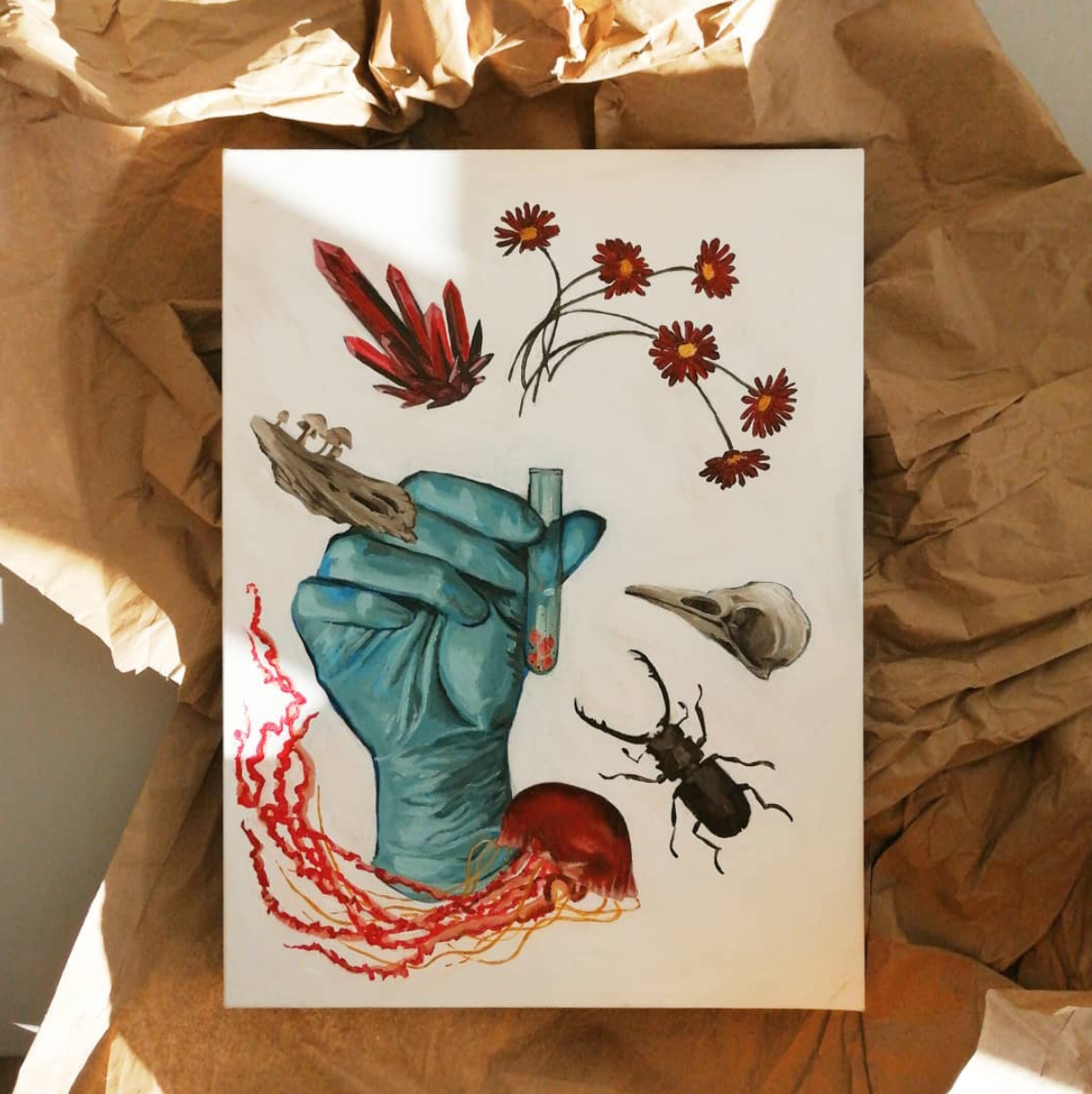
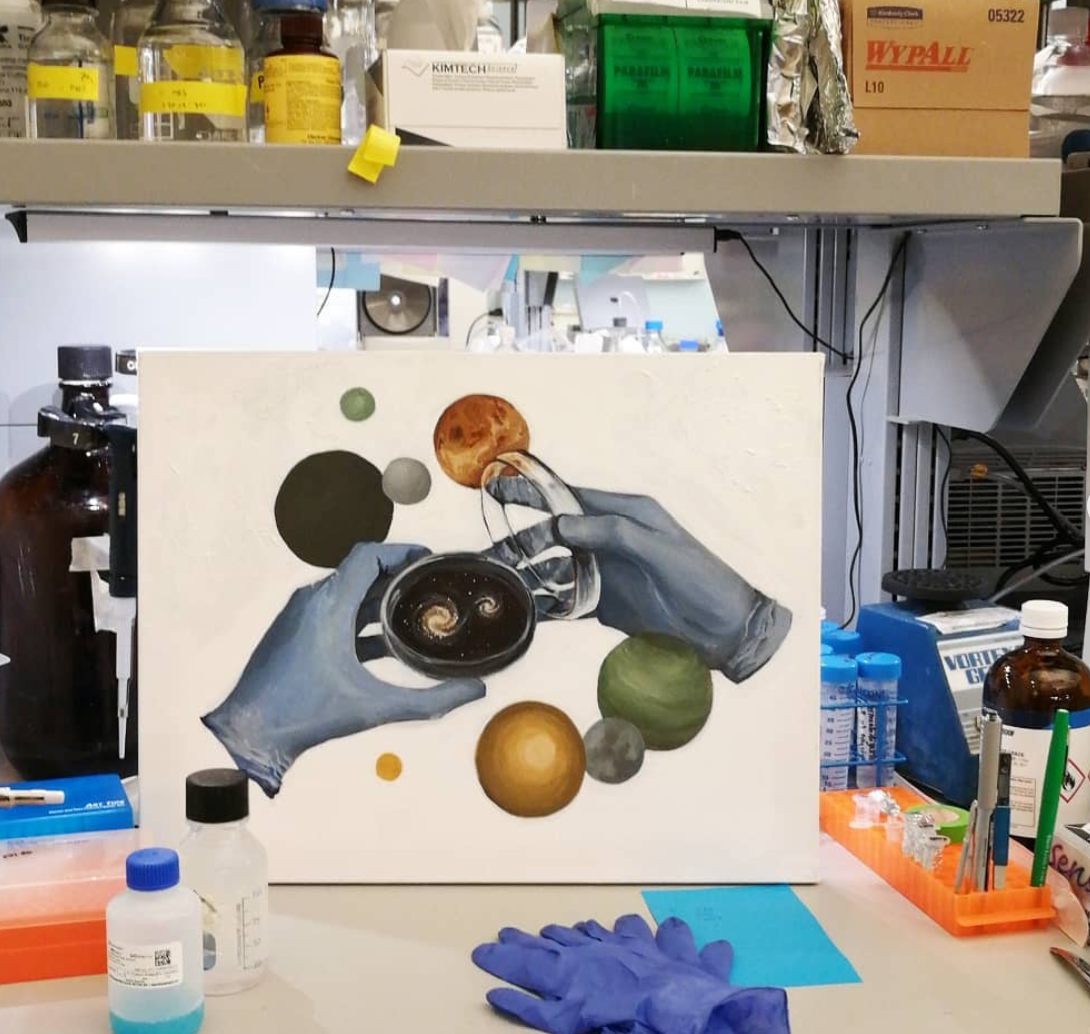
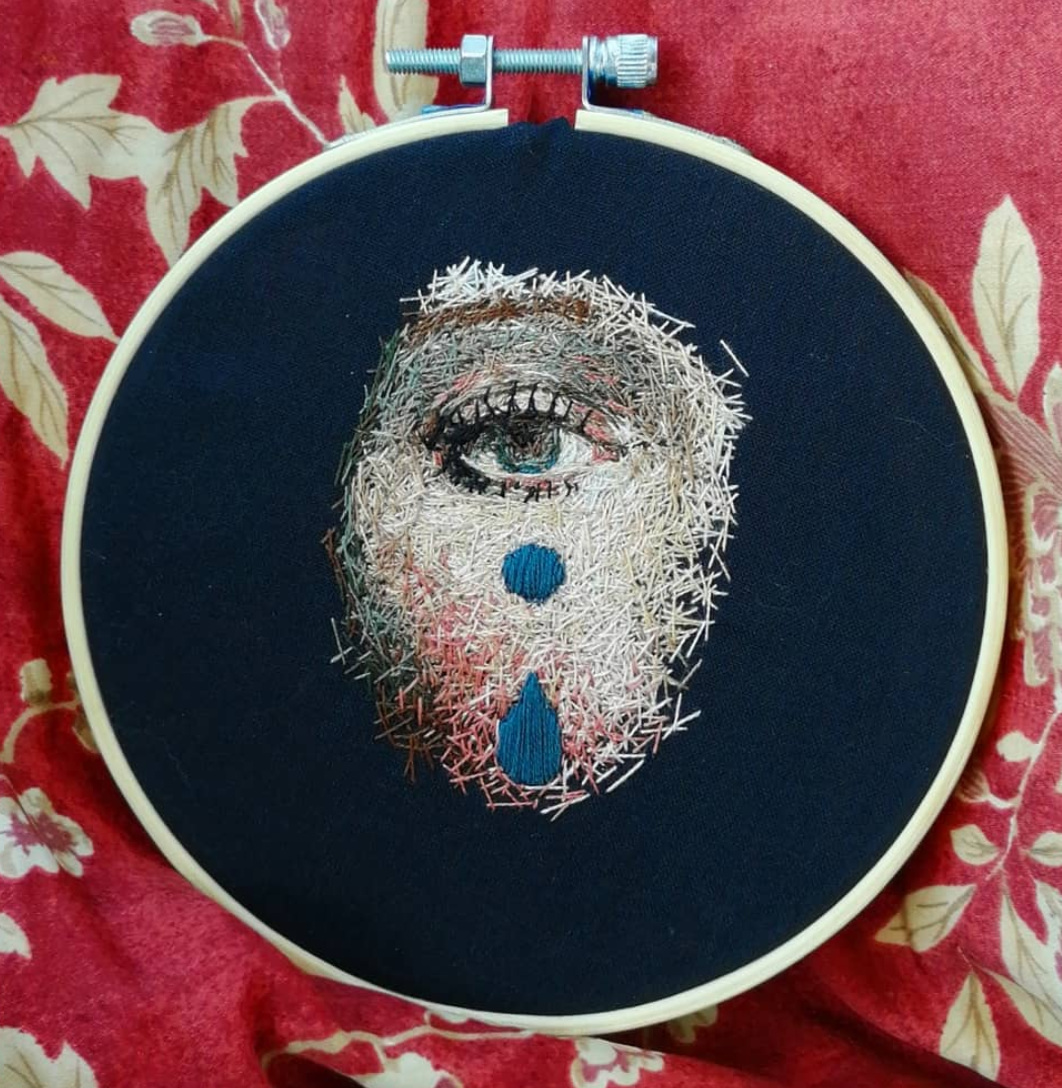

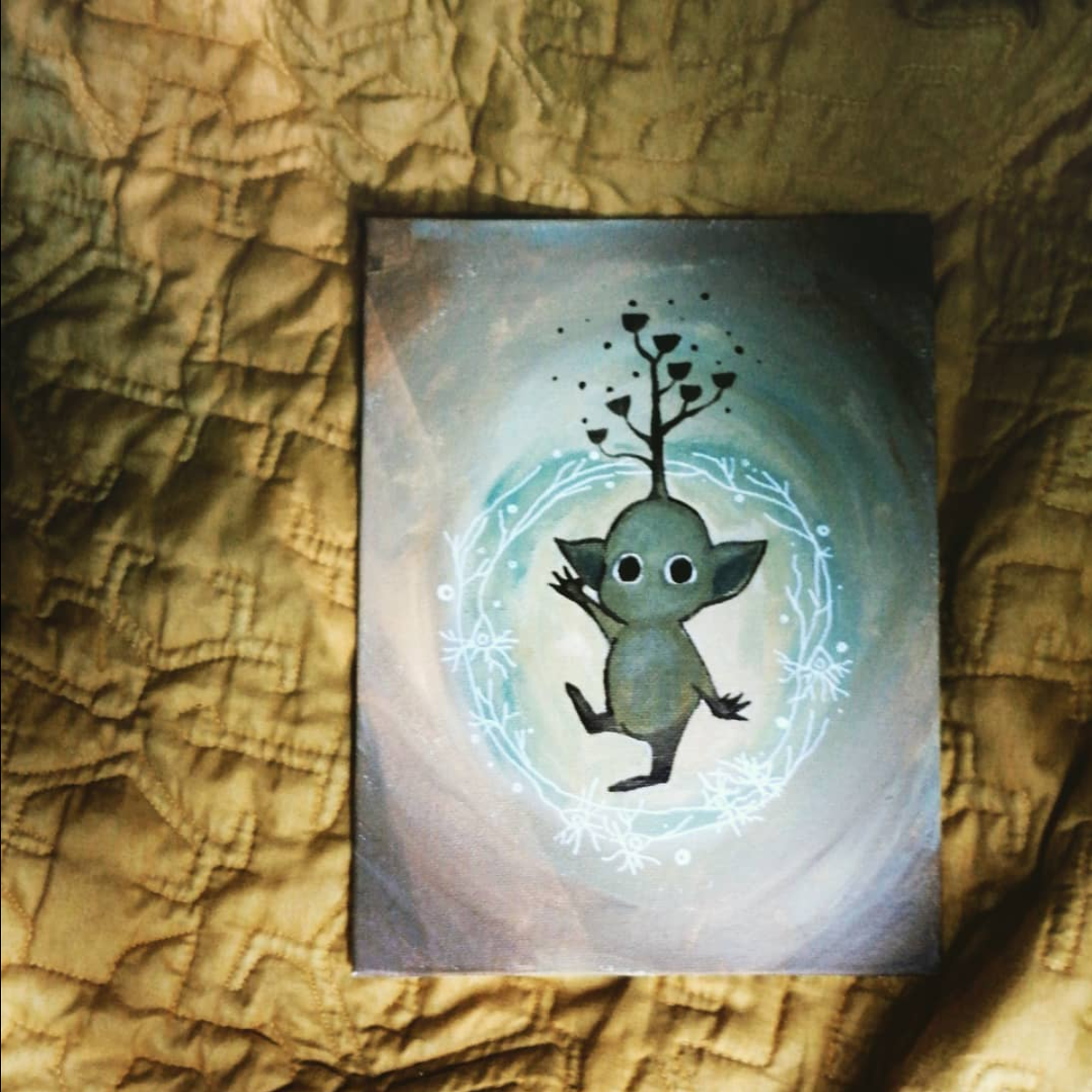
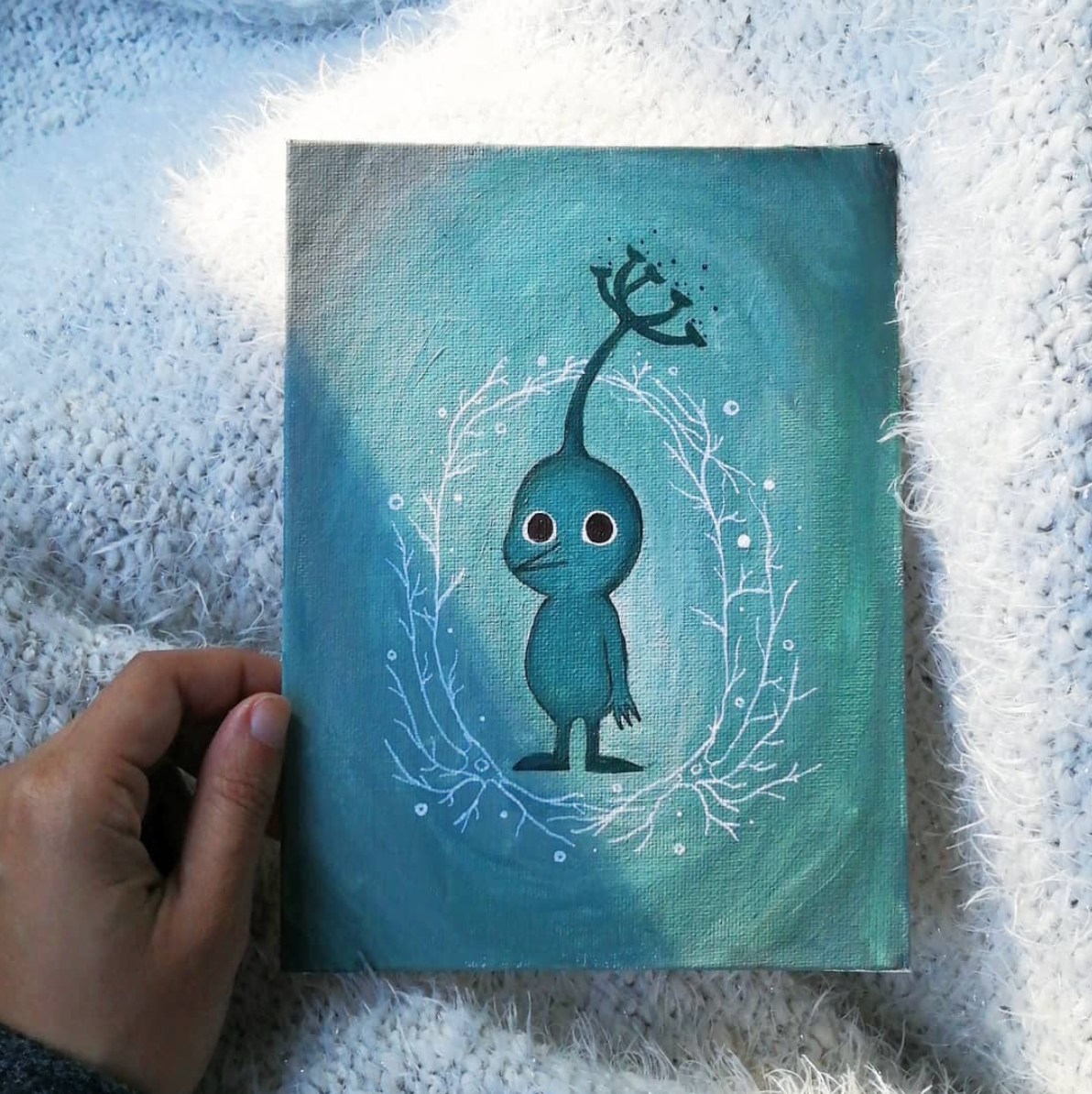


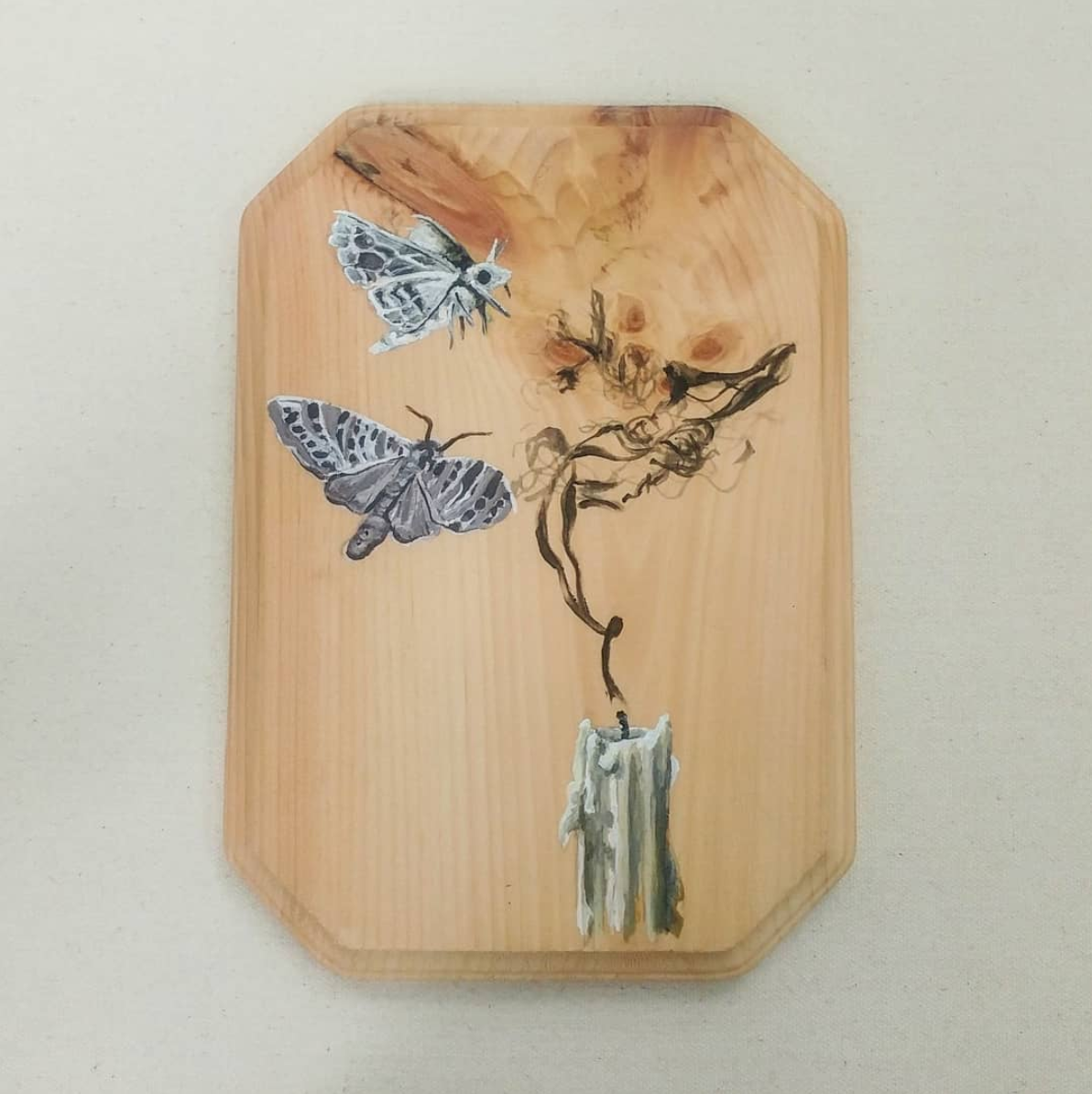

Recent Comments